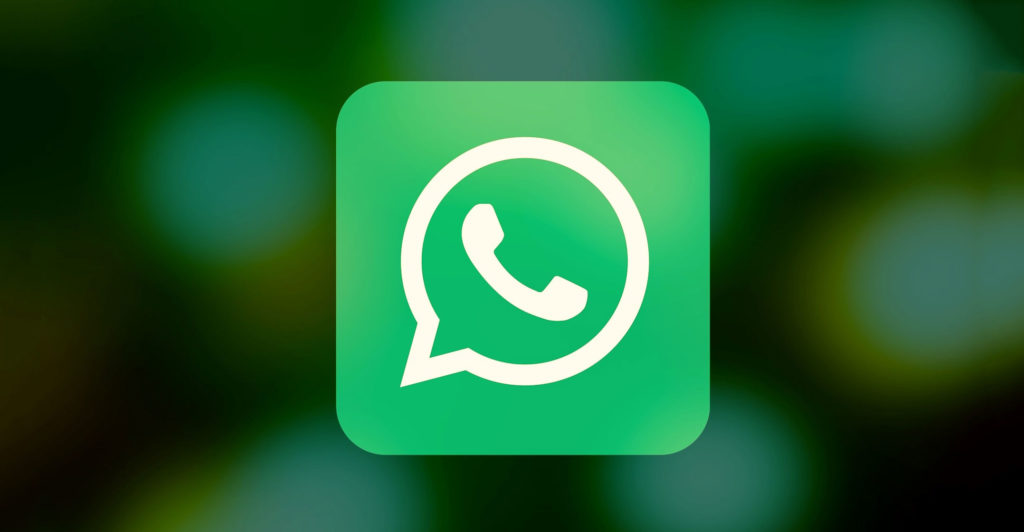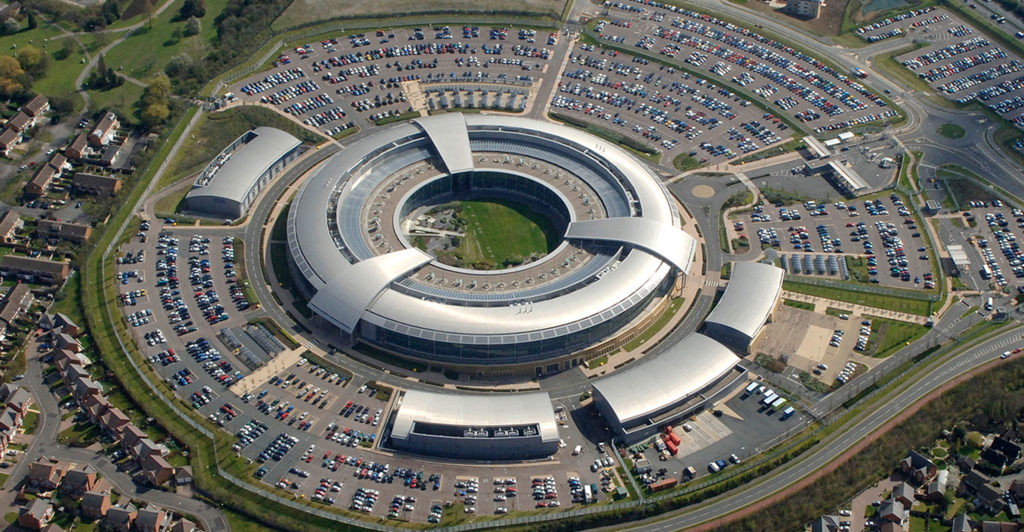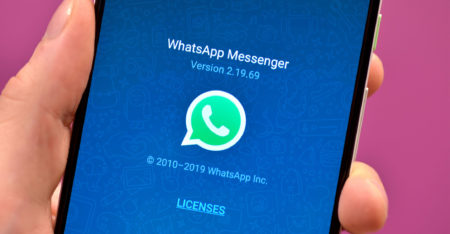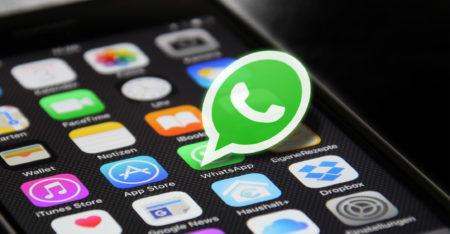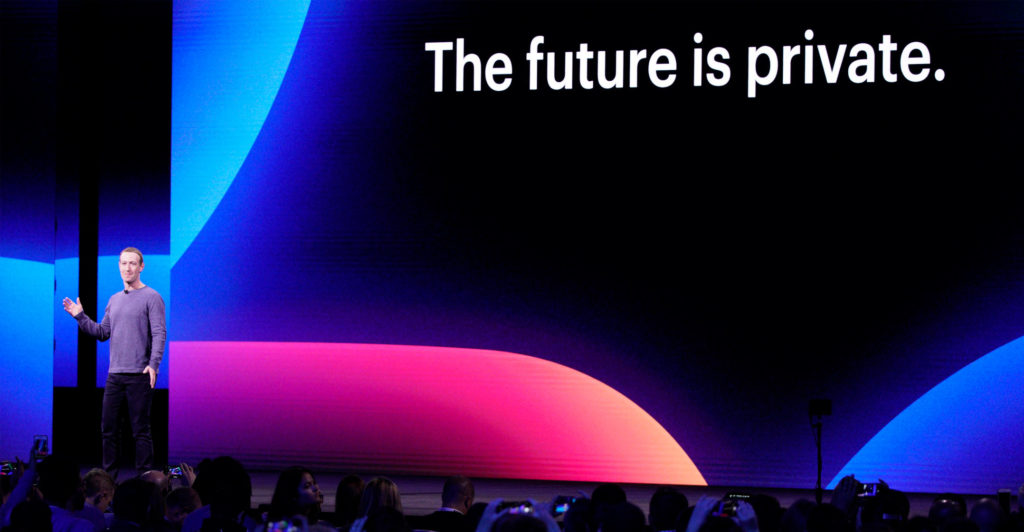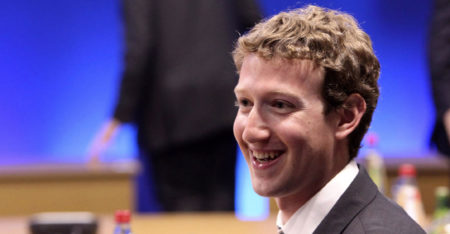WhatsApp is to take legal action against anyone it determines is linked to abusing the messaging app’s terms of service around spam messages, the company has said.
Browsing: WhatsApp
Facebook has suspended Huawei’s ability to pre-install the social network’s apps on its smartphones.
Tech giants, including Apple, Google and WhatsApp, have urged the UK’s GCHQ to abandon a proposal that would allow it to eavesdrop on encrypted chat conversations.
In the podcast this week, Duncan McLeod and Regardt van der Berg discuss MTN’s decision to back down, under consumer pressure, over its plan to introduce an opt-out-only out-of-bundle service.
In this episode of the podcast, Duncan McLeod interviews Paul Ducklin from British security company Sophos about the news that WhatsApp has been targeted by an advanced “cyber actor”.
The discovery that hackers could snoop on WhatsApp should alert users of supposedly secure messaging apps to an uncomfortable truth.
Cybersecurity experts have warned WhatsApp users to update the messaging app as soon as possible following the discovery of a major vulnerability.
WhatsApp has rushed to roll out a security fix after concerns were raised hackers could inject surveillance software on to phones via the call function.
The social network has announced a number of updates across its platforms – Messenger, Instagram and WhatsApp – at its F8 event. Here is a look at the key updates.
Facebook CEO Mark Zuckerberg has pledged to start a “new chapter” for the social network as he unveiled the company’s plans to improve privacy.


